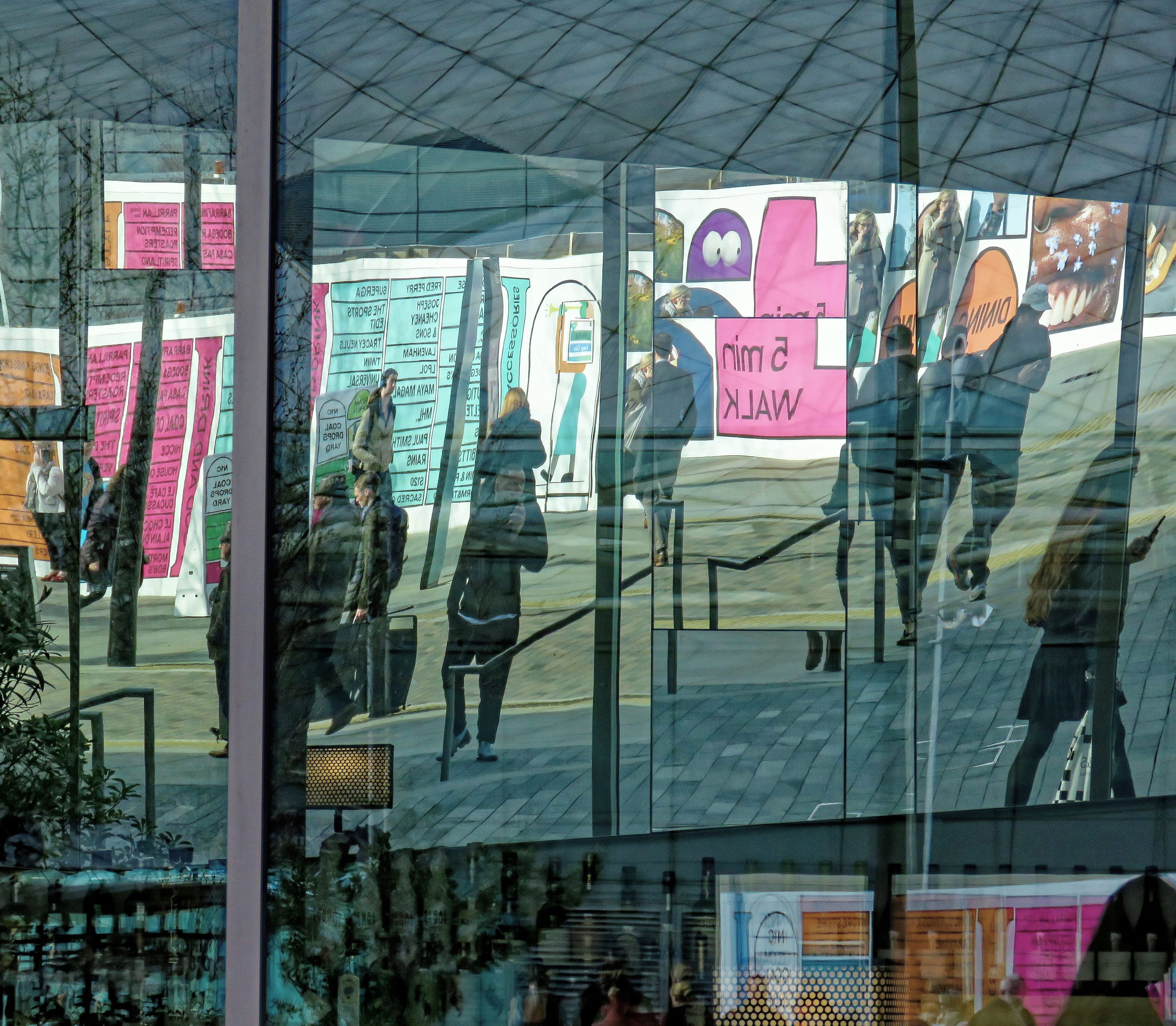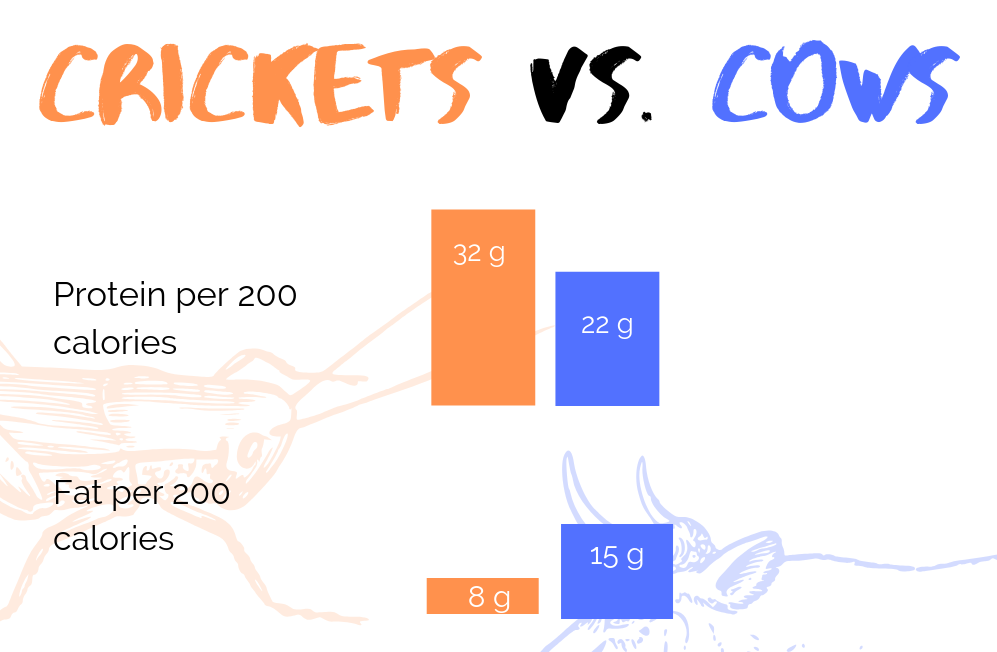Ex-billionaire Kylie Jenner is known to publicise the expensive diamond rings and sports cars she gifts her friends and families. However, when it comes to humanitarian expenditure, Jenner becomes more incognito and ‘humble’. During the peak of the Australian bushfires, many criticised the star for not doing enough, to which she quickly responded that she had already privately donated a week before.
This concept of generosity behind closed doors not only gives celebrities the opportunity to get away with not donating, it also stunts potential social change. While there’s an argument to be made that private donations keep the focus on the cause, rather than the generosity, sharing humanitarian work goes beyond gaining credit for one’s contribution; it advocates actions and sets an example.
“Should I give anonymously or publicly”, a philanthropy study by The Bridgespan Group, advises readers to ask themselves, “do I want my contribution to be only financial? Or would there be value in using my name to further support my cause?”
Actor Ben Affleck, for example, has been applauded by scholars like Severeine Autesserre for being able to connect his expertise and platform to present a more informed perspective on the issues in Eastern Congo. Until Affleck spoke out about his donations and contributions, the issue had been underreported, Autesserre said.
Affleck, along with most celebrities, has the unique ability of increasing the newsworthiness of a story, and bringing attention to issues that the media would otherwise overlook. By speaking about their humanitarian work, A-list stars like Jenner, who have such large platforms and impressionable followers, could lend credibility and promote change, in addition to their money.
Despite research suggesting that these individuals may donate in order to gain recognition, in Patricia Herzog’s ‘American Generosity‘, the author states that even if someone gains anything from disclosing their act of kindness, it doesn’t change the fact that a good deed has still taken place. In fact, disclosing charitable acts is likely to influence others to act charitably as well.
A survey by the Independent Sector reported that 77% of those who made donations did so because they were asked to by someone they knew, and were influenced by the size of that peer’s contribution. A cleverly-run campaign will tap into peer networks and the power of social connections.
Fan groups are an excellent resource. When the K-pop boy band BTS announced their $1 million donation to the Black Lives Matter movement, followed by a statement of solidarity, #MatchAMillion began trending worldwide on Twitter as BTS fans created an online donation project for the movement. They raised over $1 million from nearly 35,000 donors.
In a Harvard study focusing on social influences on charitable acts, Katherine Grace Carman explains how social norms, pressures to conform, and information provided by peers, all play an important role in an individuals’ contribution and participation decisions. When people see that others are donating, they feel more inclined to do so themselves. These behaviours indicate a belief that social influences play a role in individual contribution decisions.
For example, the recent donation chain that consisted of moguls matching donations made by other celebrities. Seth Rogan, Chrissy Teigen and Don Cheadle are just some of the celebrities who used their donations to influence others.
More importantly, sharing a humanitarian act doesn’t just influence someone’s actions but their long term moral attitudes. Simon Gächter, author of ‘Altruistic Punishment in Humans’, highlighted how people often mimic the behaviour and characteristics they find charitable in others.
Actor and environmentalist Leonardo DiCaprio is known for his generosity, including his $15.6 million donation to combat climate change. However, DiCaprio’s biggest influence is not in getting fans and peers to donate, but using his knowledge to inform the public on prevailing issues, and how to systematically tackle them. By constantly appearing at talks, flooding his social media with humanitarian information, and urging his followers to sign petitions, DiCaprio utilises his platform to influence behavioural changes.
‘The Inherent Sociality of Giving and Altruism’ claims that moral suasion can first change external expectations, eventually becoming internalised, and finally altering the sincere motives and preferences of individuals. Put simply, though people may donate and sign petitions because they initially feel pressured to do so, it will slowly become a conscious decision.
Whether people realise it or not, the decisions they make are often a reflection of the content they digest on a daily basis. Entertainers and athletes are arguably the strongest source of inspiration for the younger generation in particular. By deconstructing the perception that silence equates sincerity, the social responsibility for celebrities to draw more attention towards charity work would increase.



